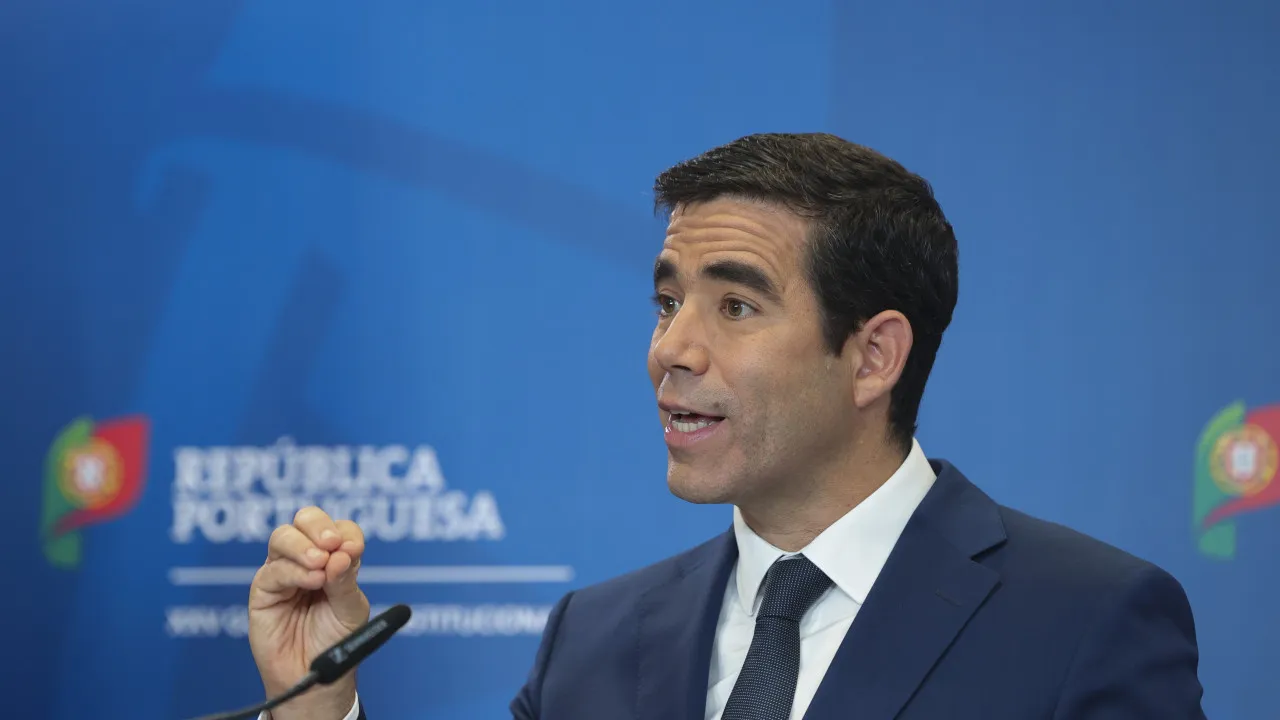
At a press conference following the Council of Ministers, the official emphasized that the package of measures aims to promote greater balance in the labor market and to address inequalities, with particular attention to women, younger people, and the reconciliation of professional and personal life.
“It will definitely be a package and a labor reform favorable to families, defending the interest of everyone, especially the younger people and certainly women, who, as you know, still face salary levels and inequalities in labor market conditions,” stated Leitão Amaro.
The minister dismissed the critical view that the proposal represents a loss of rights for workers, claiming it is an effort towards modernization and balance.
“It is much more than and very different from the interpretation many have tried to give it. This [reform] is important and brings more flexibility that benefits both workers and employers. Above all, it benefits the younger population, who today in Portugal have an unemployment rate three times higher than the average unemployment rate, a precariousness level three to four times higher than the market average, and high emigration levels. Young people have been the unfortunate variable of adjustment and consequence of unbalanced policy and labor legislation,” he declared.
For the government, the new framework will allow for the “defense of job opportunities and better-paid, more stable jobs for everyone, but particularly for young people.”
Additionally, the draft project “also includes several measures that strengthen the balance between family life and personal life, particularly the participation of women in the labor market and their conditions,” the minister emphasized.
“For the young, who are disadvantaged in the labor market as it functions, and for women, who are disadvantaged with lower wages and accessibility difficulties to the market demonstrated in statistics, this labor package is and will be – I want to assure here, that’s the unequivocal intention – a labor reform package in favor of young people, women, and families,” stressed Leitão Amaro.
The minister further noted that it is a draft project and that more than its starting point, “what matters is how it ends.”
“As the minister [of Labor, Maria do Rosário Palma Ramalho] has well explained, there are several proposed norms that reinforce women’s access, equality in the labor market, protection, and reconciliation of family life with work life,” he concluded.




